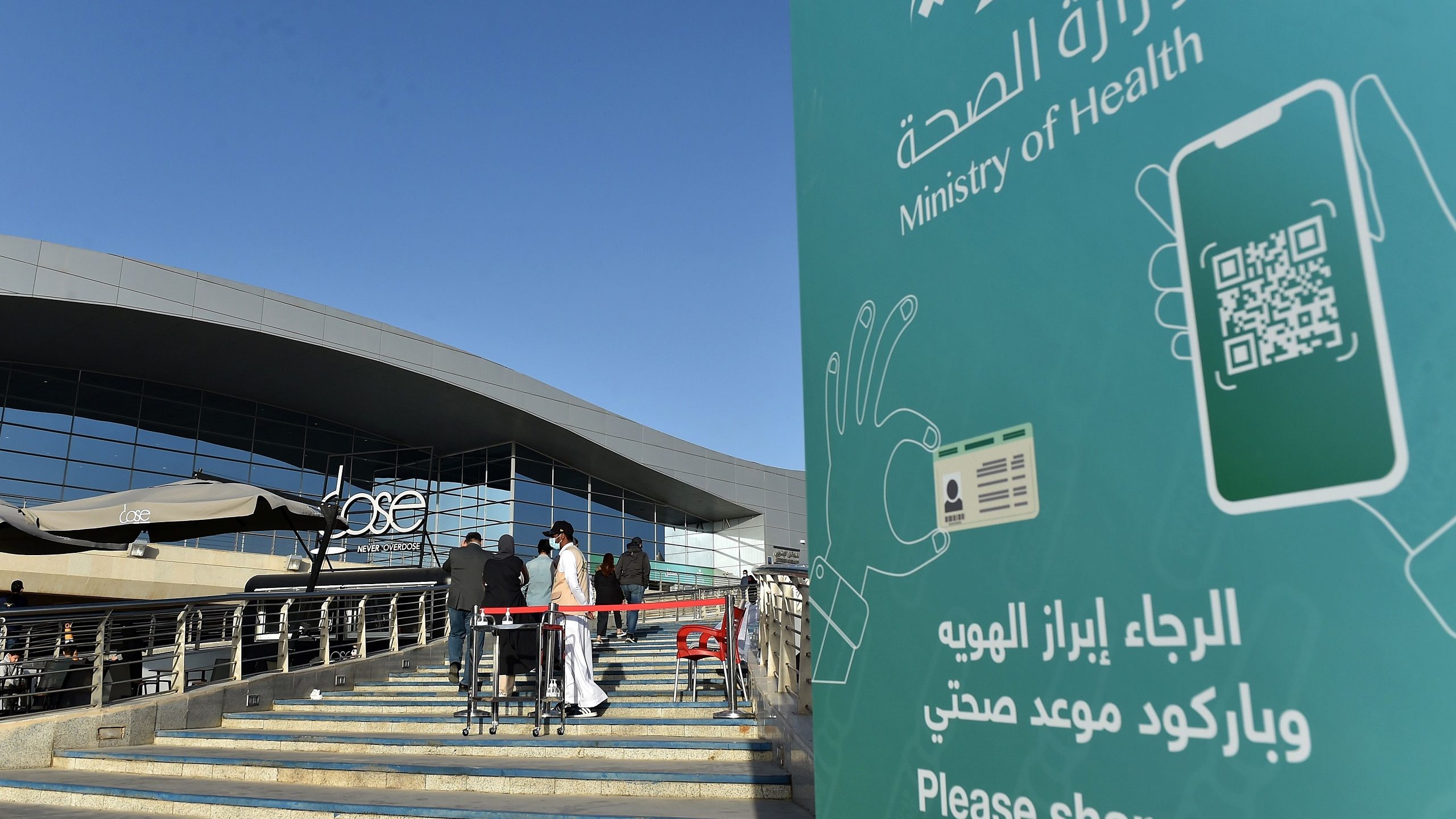COVID-19 Has Revealed Ability of Nations To Deal With Unexpected Crises
Al-Jazirah, Saudi Arabia, February 19
Specialists claim that if you could collect the coronavirus particles that have killed millions of people around the world, they would not even fill up a teaspoon. But this tiny volume of submicroscopic infectious agents that cannot be seen with the naked eye has killed more people than the victims of devastating wars throughout history. Indeed, they have shaken the stability of many countries, brought down economies, and changed political orders around the world. Today’s patterns of communication, social relations, and financial transactions are far different than what they were just a year ago, before the emergence of COVID-19. No one knows for sure whether this epidemic will end and disappear from the world or whether it will take on new patterns and behaviors that may surprise experts and researchers. It is yet to be determined whether the available vaccines are effective against various COVID mutations we are seeing emerge around the world. The future is open to all possibilities, especially since the guesses of many doctors and experts at the beginning of the pandemic have proven to be wrong to a large degree. If we look at this pandemic that caught the world by surprise, we will find that it has revealed a lot of the fragility in the health systems of various countries of the world, including most Western nations. The pandemic exposed the lack of competence of these countries to deal with communicable diseases, quarantine measures, and even the delivery of vaccines. So far, the pandemic has gone through two waves in some places and possibly three waves in others, and the responsible medical authorities in various countries of the world have competed to reduce the number of these waves, through precautionary measures that rely on social distancing as much as possible, as well as mask-wearing and temporary lockdowns. It is certainly a matter of pride and pride that the Kingdom of Saudi Arabia was one of the five most successful countries in the world in dealing with this pandemic. While many countries were ravaged by the second wave, the kingdom maintained a low number of deaths. Further, the kingdom was the first Arab country to introduce the Pfizer vaccination to its population. There is no doubt in my mind that the kingdom’s swift and harsh action to curb the spread of the virus had positive effects on our country, especially in comparison to our neighbors in the Gulf. The kingdom’s economy is also one of the economies least struck by the pandemic around the world. Looking ahead, it is clear that the kingdom is on track to become one of the first countries in the world to reach herd immunity and I am sure that we will achieve this goal either by the end of 2021 or early 2022, with the help of God Almighty. The most important thing is that we continue to work with all our strength and might to keep this pandemic under control, and maintain all necessary precautionary methods as a community until everyone in the kingdom is fully vaccinated. –Mohammed Al-Sheikh (translated by Asaf Zilberfarb)


